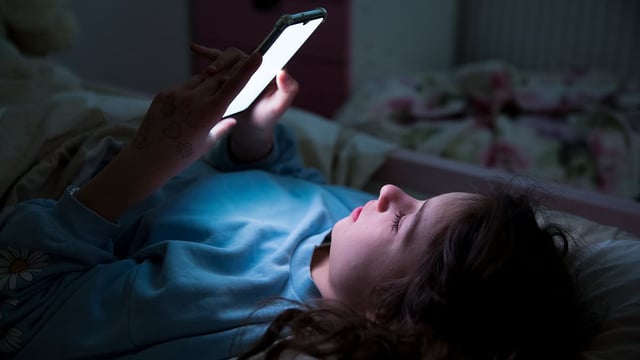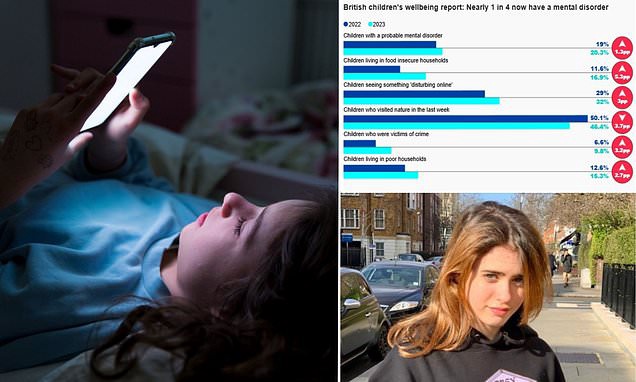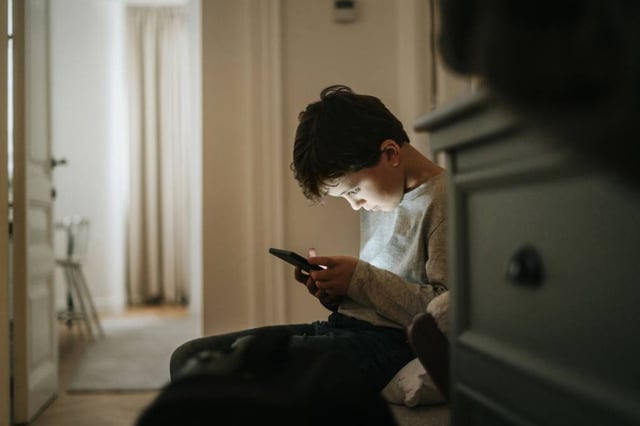Overview
- A UCSF study of nearly 12,000 children aged 9 to 13 found that increased social media use correlated with a 35% rise in depressive symptoms over three years.
- The research, published in JAMA Network Open, used a within-person longitudinal design to strengthen causal inference, showing depression did not predict later social media use.
- Potential mechanisms for the link include cyberbullying and sleep disruption, though further research is needed to clarify these pathways.
- Some experts, including Stetson University’s Professor Chris Ferguson, argue the observed effects are weak and possibly due to statistical noise.
- The findings contribute to ongoing debates on regulating social media use, balancing its risks with its role in adolescent social connectivity.


